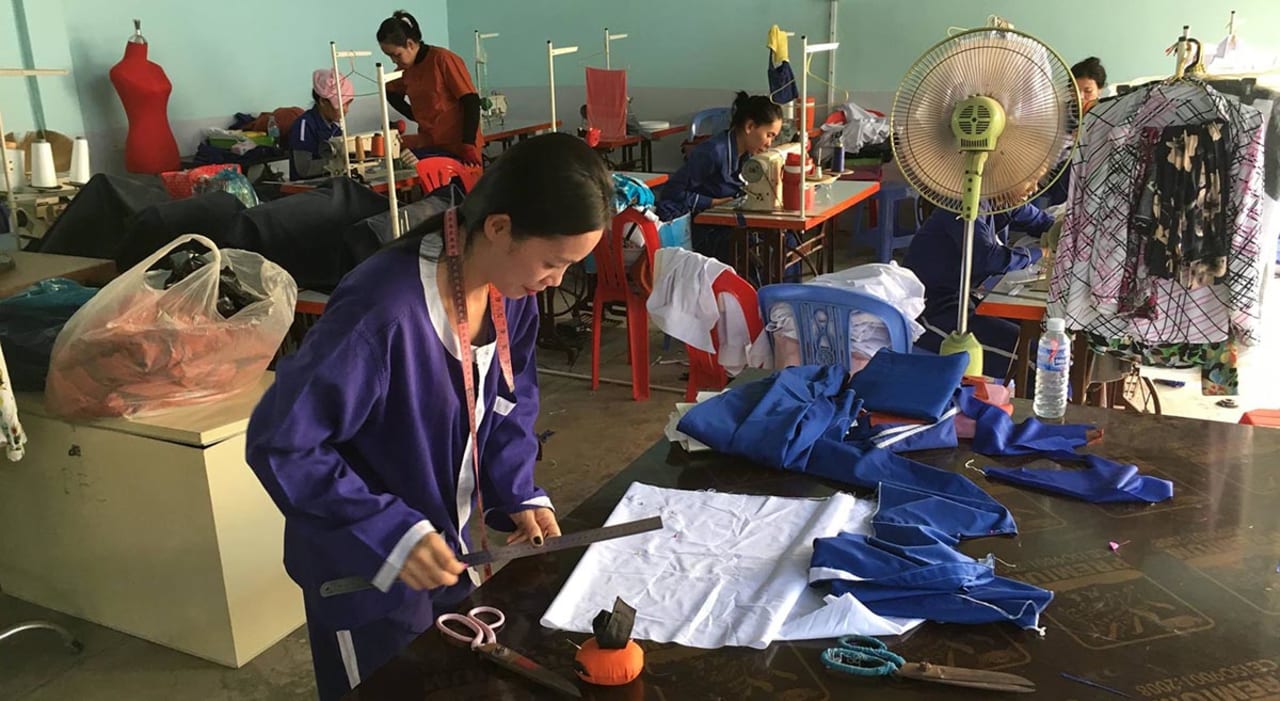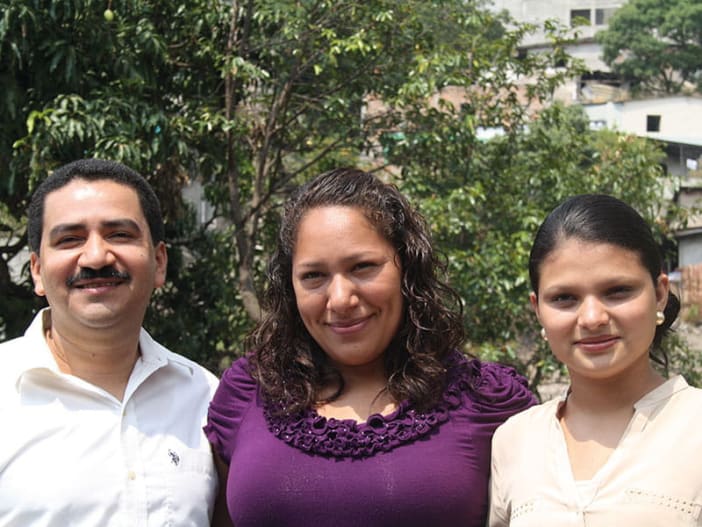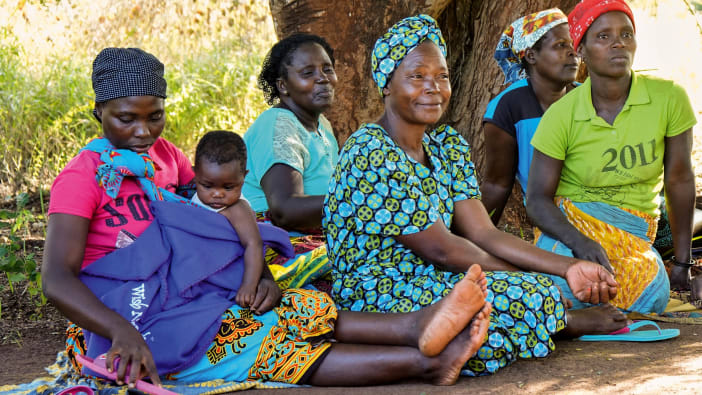When prisoners are released at the end of their sentence, starting a new life outside the prison gates can be incredibly challenging. Many ex-offenders will need help finding a safe place to live and a way to make a living. Just as importantly, they will need supportive relationships and encouragement to help them reintegrate (rejoin society) and lead lives free from crime.
In 2004, at the invitation of the government, Prison Fellowship Cambodia (PFC) set up the first-ever reintegration service for prisoners in Cambodia. Below are the main elements of the service.
Preparation for release
Before prisoners are released, we work with them both one‐to‐one and in groups to help them address the issues that led them to prison, and to help them plan for their future. We begin working with prisoners on their future plans 6–12 months before their release. Where possible, social workers also visit the families to help them prepare for life as a reunited family. We also contact the churches near to the family so they can provide follow-up and encouragement.
Support at the point of release
This is a vital aspect of the programme. Previously, prisoners were let out at the gate with nothing. They were usually many kilometres from the nearest town and often in very poor health; the risk of re‐offending just to survive was high. PFC partners with local churches to provide any support the ex-offenders need at the point of release, such as food and the fare for their transport home. If necessary, the churches can provide short-term accommodation while they get back on their feet. They give ex-offenders a starter pack of supplies to take home, so that they can contribute something to their families on their return.
Family assistance
Crime and imprisonment places the families of prisoners under great financial strain. Because of this, people leaving prison frequently return to a home situation that is worse than before they left for prison. PFC identifies families in need in the months leading up to the release of a prisoner. We arrange initial housing repairs, schooling support and medical care. We then help families to find ways of improving their own economic situation in the longer term.
Community follow-up and support
When a person returns home, our social workers continue to do follow-up visits for up to three years after release, providing as much support as needed to ensure long-term rehabilitation. They visit the ex-offenders in person at least once every 90 days. PFC also organises meetings where ex-inmates can share their reflections on how to live successfully after release.
Income generation support
An essential part of reintegration is being able to earn an income. PFC provides vocational training, and may give ex-offenders a grant to help them set up a small business. Vocational training and literacy classes are offered during an inmate’s time in prison. Prisoners can learn skills such as tailoring, hairdressing, motor mechanics, computing and agriculture.
‘When we were sent to prison, we lost the opportunities in our life,’ says a member of the sewing classes. ‘But because PFC helped us learn skills and make plans, as well as encouraging and motivating us, we can live in happiness and hope.’
Restored lives
We believe we have established a sound model for prisoner reintegration in Cambodia. Many of the ex-offenders we have worked with are now restored and empowered, living in harmony with their families and able to earn an income.
Discussion question
How might your church or organisation get involved in any of these five practical steps?With thanks to staff at Prison Fellowship Cambodia for their help in compiling this article.
Web: www.pfcambodia.org
Email: [email protected]









